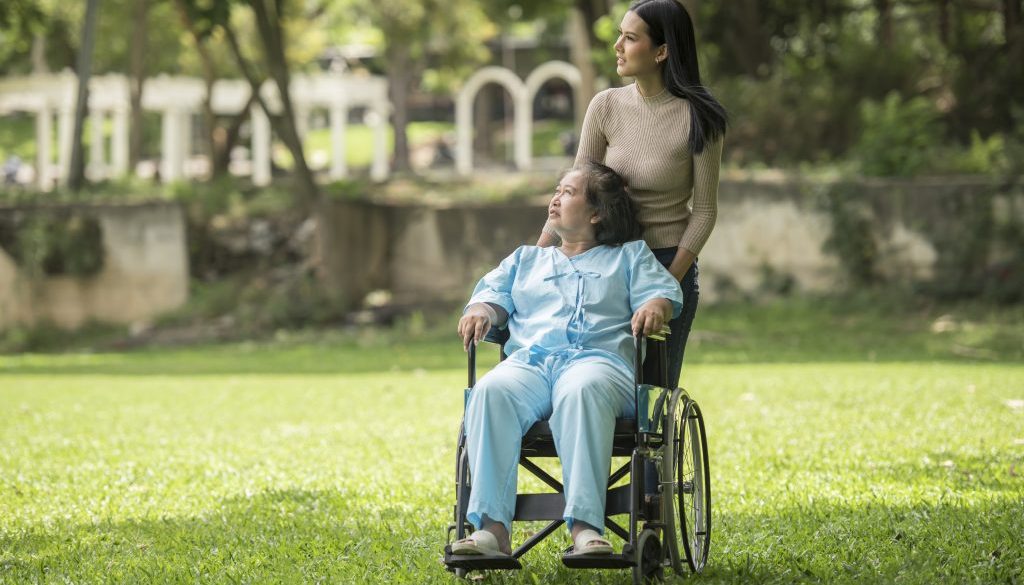Blog about disabilities
“Breaking Barriers: Understanding and Embracing Disabilities”
What is Disability? it is a condition that significantly consequence an individual’s physical, cognitive, emotional or social abilities, affecting their daily life and interactions. The phrase disability is an umbrella term within which there are many different types of specific disorders. Disabilities by definition are disorders and psychological processes that involve understanding and using language and by that we mean the ability to receive process recall and then communicate that information etc. it is a physical or mental problem that makes it difficult or impossible for a person to carry out normal day to day activities. Some are permanent or last forever.
A disability can be something a person was born with or it can be the result of an illness or an accident. Some disabilities make it harder for people to learn while other make it harder for people to walk. The impact of disability are different, some people may experience significant challenges, while others may find ways to adjust and grow. Disability can affects a persons daily activities, social interactions, health and mental well beings, education. It’s important to recognize that societal attitudes and accessibility also play a crucial role in how disabilities are experienced.
In our society people’s reactions towards differently abled people is different some are supportive they engage with offering support friendship, and encouragement. some are interact with feeling awkwardness towards them. the common attitudes towards them is express pity or sympathy which can affect them badly some are discriminate them and differently abled people are treated differently or unfairly. Many may not react strongly at all, treating individuals with disabilities as they would anyone else, without special attention or consideration. Treat differently abled people with respect and dignity and listen them and treat them with special care and moreover educate yourself on disability issues and inclusive practices.
There are some various types of Disabilities:
1.Physical Disabilities:
it refers to a significant limitation or impairment in one or more physical functions or abilities, affecting an individual’s daily life and interactions, difficulty while performing daily tasks.
Physical Disabilities includes:
- Mobility impairments (Difficulty in walking, moving, or using limbs.)
- Musculoskeletal disorders (arthritis, multiple sclerosis)
- Sensory impairments (blindness, deafness)
- Chronic illnesses ( diabetes, epilepsy)
- Neurological disorders ( Parkinson’s disease, stroke)
2. Intellectual Disabilities:
it is formerly known as mental retardation, refer to significant limitations in intellectual functioning and adaptive behaviors, developing before age 18. it is a delayed or incomplete development.
Intellectual Disabilities includes:
- Autism Spectrum Disorder (ASD) (Social interaction and communication)
- Down syndrome (genetic disorder)
- Cognitive impairments (learning disabilities)
- Developmental delays
- Intellectual disability (formerly mental retardation)
3. Mental Health Disabilities:
it is enclosed a range of conditions that affect an individual’s thoughts, feelings, and behaviors, impacting their daily functioning and quality of life, difficulties in Social interactions etc.
Mental health Disabilities includes:
- Mood disorders ( depression, bipolar disorder)
- Anxiety disorders ( PTSD, OCD)
- Personality disorders (borderline personality disorder
- Psychotic disorders (schizophrenia)
- Trauma and stressor-related disorders
4. Sensory Disabilities:
it affect an individual’s ability to perceive and process information through their senses, impacting daily life and interactions. Sensory Disabilities includes:
- Visual impairments ( blindness, low vision)
- Hearing impairments (deafness, hard of hearing)
- Speech and language disorders
- Deaf-blindness
5. Chronic Illnesses:
Chronic illnesses are long-term health conditions that require ongoing medical attention and management. it impacts daily life activities. chronic illnesses Disabilities includes:
- Metabolic Disorders (Diabetes)
- Autoimmune Disorders (Arthritis)
- Respiratory Diseases ( Chronic fatigue syndrome)
- Cardiovascular Diseases (Hypertension)
- Neurological Disorders (Alzheimer’s Disease)
- Gastrointestinal Disorders ( Irritable Bowel Syndrome (IBS))
6. Neurodevelopmental Disabilities:
it is a conditions that affect the development and function of the brain, impacting cognitive, emotional, and behavioral development. Neurodevelopmental Disabilities includes:
- Attention Deficit Hyperactivity Disorder (ADHD) (Inattention, Hyperactivity, Impulsivity)
- Autism Spectrum Disorder (ASD) (Social Communication, Repetitive Behaviors, Social Interaction)
- Cerebral palsy (Premature birth, Genetic mutations, Environmental factors, etc.)
- Tourette’s syndrome
- Learning disabilities
Hidden Disabilities:-
- Impacts daily life and activities
- Affects physical, cognitive, emotional, or social abilities
- May require accommodations or support
- Can be permanent or temporary
- Varies in severity and impact
We promote facilities for differently abled people to their accessibility, independence, and equal participation. Promote physical facilities like Ramps and elevators, Wide doorways and corridors, this enables easy entry and navigation. Adapted seating like wheelchair-accessible seating this helps themselves to do without other assistance. Provides them private accessible restrooms facilities like toilet, in common restrooms they face lots of troubles. Transportation facility is important for them, provide wheelchair-accessible vehicles this helps their transportation easily. Provide them support services like support groups, speech therapy, counselling services. Educational facilities, communication facilities all are important facilities for them provides this all for them. Afterall give them equal participation in education, employment, and leisure.
For more information’s and resources:
– World Health Organization (WHO)
– Disability Rights Education and Defense Fund (DREDF)
– National Disability Rights Network (NDRN)
– Centers for Disease Control and Prevention (CDC)
– American Psychological Association (APA)


